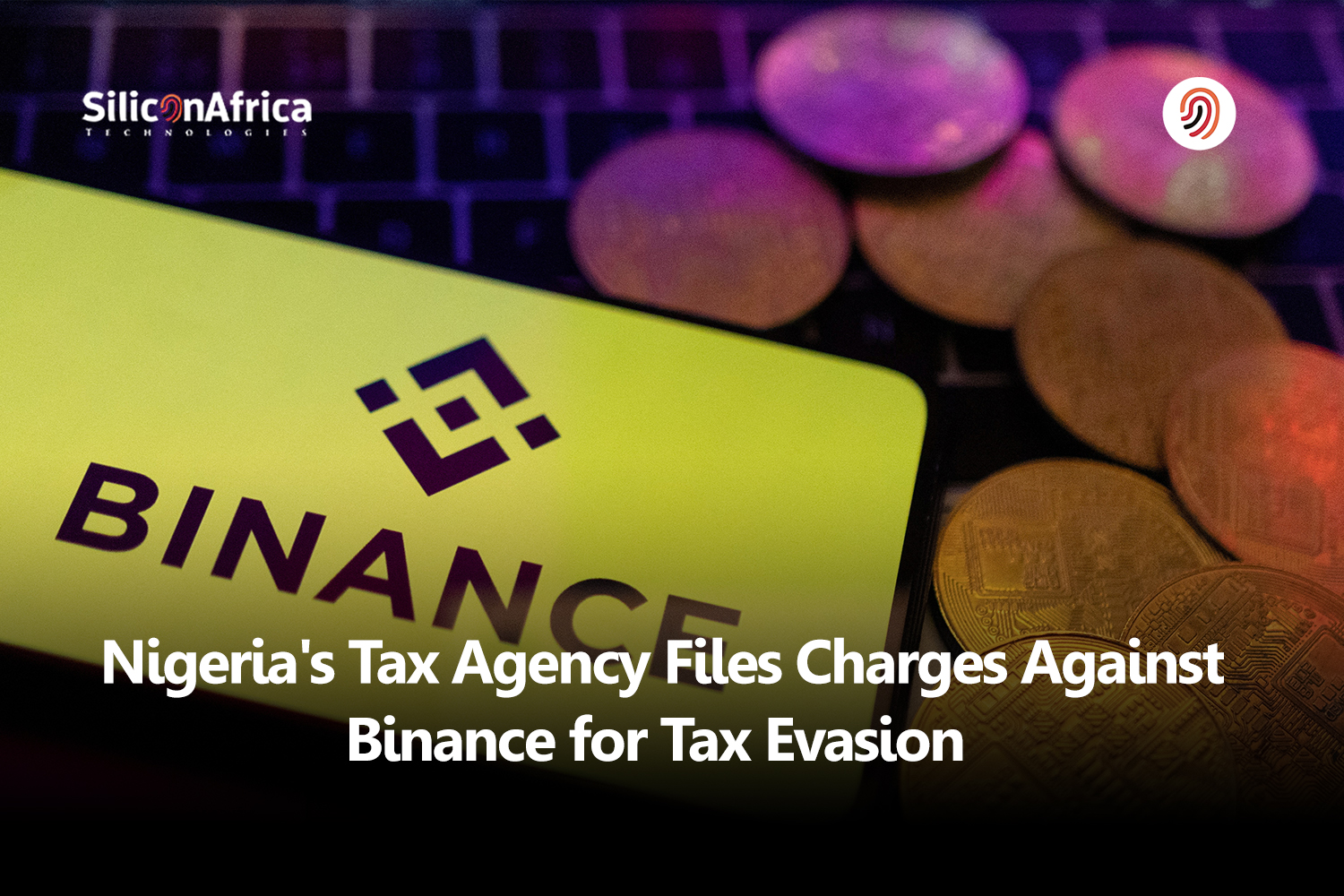Newsletter Subscribe
Enter your email address below and subscribe to our newsletter

The Nigerian tax environment was fundamentally altered on Monday, March 25th, 2024, when the Federal Inland Revenue Service (FIRS) charged Binance with tax evasion.
This development signifies a major advancement in the current scrutiny of cryptocurrency operations within Nigeria, particularly their tax compliance level that has been questioned.
Four principal charges were made by the FIRS against Binance.
The first one accuses the company of not paying Value-Added Tax (VAT) on transactions conducted through its platform by Nigerian users.
VAT is a consumption tax that is levied on the value added to goods and services at each stage of production and distribution and it is an important source of revenue for the Nigerian government.
FIRS claims that Binance failed to collect and remit this tax, thereby depriving the nation’s treasury of substantial funds. Secondly, the charges brought forward by the FIRS allege that Binance did not pay Company Income Tax (CIT).
CIT is a tax imposed on the net profit of a company within a particular tax year.
FIRS argues that Binance, despite operating in Nigeria and earning income from Nigerian users, did not comply with the tax obligations under the country’s CIT regime.
Moreover, FIRS blames Binance for not submitting their tax returns. According to Nigerian law, every registered company must send periodical tax returns to FIRS disclosing their income and taxable activities.
FIRS is alleging that Binance has not complied with this regulation, thereby hindering the ability of the agency to assess accurately the company’s tax liability.
The most troubling allegation for FIRS is probably that Binance may have actively helped its Nigerian users to evade taxes.
According to the allegations, the platform’s structure and operation may have allowed users to hide their cryptocurrency transactions and thus escape paying tax on any profits made.
If this allegation turns out to be true, it could greatly influence the way cryptocurrency regulation in Nigeria will be done in the future.
FIRS has also accused two senior Binance executives – Tigran Gambaryan and Nadeem Anjarwalla- in the lawsuit.
These individuals are currently being held by the Economic and Financial Crimes Commission (EFCC) on separate charges that are connected with their supposed manipulation of the Nigerian Naira, which is the national currency of Nigeria.
The fact that these executives were included in the tax evasion suit indicates that the Nigerian authorities are adopting a multi-faceted approach in their probe of Binance’s activities within the country.
Read More: Binance Saga: Nigeria Demands Top 100 Users’ Data from Binance
Binance has yet to make any public comment on the tax evasion charges. However, the company has previously denied any misconduct in Nigeria.
It is unclear at this point how Binance will tackle these recent allegations and what possible legal options they may pursue.
The move of the Nigerian government against Binance is probably going to be watched closely by other countries that have similar problems with the taxation of cryptocurrency transactions.
The fact that cryptocurrencies are decentralized makes it difficult for the tax authorities in many countries to tax them.
This case might set a benchmark for how countries are going to tax cryptocurrency exchanges and their users in the future.
Though the result of the legal action against Binance is not yet clear, one thing is certain:.
The Nigerian government, through its ways, is making a point. It wants to assert itself over the cryptocurrency sector and make sure that crypto businesses within its borders are all tax compliant.
The implications of this case could be felt globally, affecting the international debate on cryptocurrency taxation and regulation.